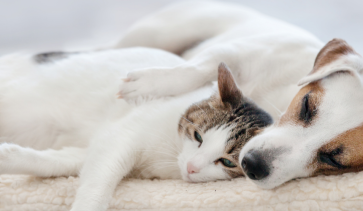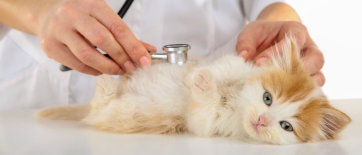Canine Parvovirus (CPV) is a highly contagious and life-threatening viral disease that primarily affects puppies and unvaccinated dogs. It attacks the intestinal tract and immune system, causing severe vomiting, diarrhea, and dehydration. Without prompt treatment, CPV can be fatal.
This article covers transmission, symptoms, diagnosis, treatment, and prevention to help dog owners protect their pets.
1. What is Canine Parvovirus (CPV)?
CPV belongs to the Parvoviridae family and was first identified in the 1970s. It is extremely resilient, surviving in the environment (soil, clothing, bowls) for months to years.
Virus Strains
-
CPV-2 (original










